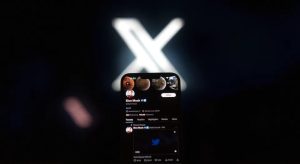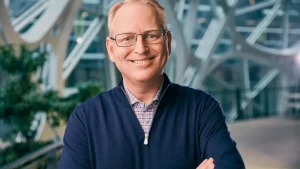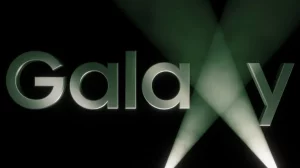YouTube is rapidly evolving into a hub for AI-generated music, seeking equilibrium between the technology’s aficionados and copyright-conscious labels. In a recent collaboration, YouTube and major industry players like Universal Music Group (UMG) introduced foundational principles for AI music. The aim? To foster growth in this space while ensuring artists receive their rightful earnings.
At the outset, YouTube acknowledges the undeniable presence of AI, emphasizing the need for a “responsible” blueprint in its wake. To spearhead this, they’re inaugurating a Music AI Incubator, which will have a significant say in shaping the company’s direction. Renowned artists under UMG, including the likes of Rosanne Cash, Yo Gotti, and the estate of Frank Sinatra, will contribute by offering insights from AI-driven endeavors on the platform.
In terms of AI-generated music, YouTube is adamant about ensuring “appropriate protections” against potential copyright infringements. Moreover, the platform is keen on opening up “opportunities” for stakeholders wishing to hop on the bandwagon. Though the specifics remain under wraps, indications point towards enhancing the existing Content ID system, which aids copyright owners in identifying their content. Reinforcing this, YouTube aims to amplify its content guidelines and safety mechanisms to be AI-ready. While the company already has robust mechanisms to curtail copyright breaches, disinformation, and other infringements, plans to bolster these resources are underway.
As it stands, the guidelines may seem broad-brushed, with YouTube’s exact position still appearing nebulous. Nevertheless, a more granular breakdown, including policies, specific technologies, and creator monetization avenues, is anticipated in the forthcoming months.
The rising allure of Generative AI is evident not only in unsanctioned collaborations and mashups involving artists like Drake and Frank Sinatra but also in its authentic applications. Case in point: The remaining members of The Beatles leveraging AI to conjure a ‘final’ melody from a John Lennon tape, or Holly Herndon rendering a Dolly Parton track using AI vocals. With UMG delving into AI-crafted soundscapes, YouTube’s nascent guidelines could position it to reap dividends from lawful AI ventures, all while sidestepping potential legal quagmires from artist and label disputes over potential imitations.




